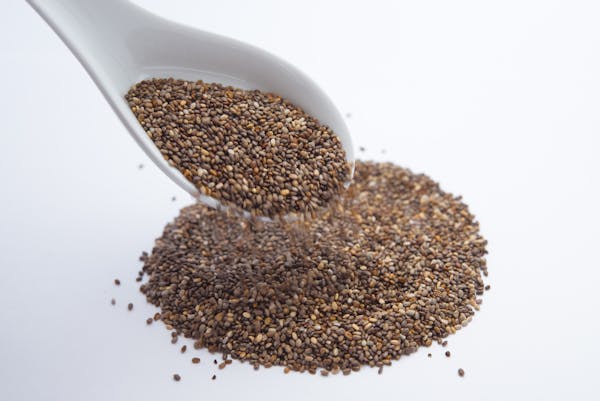
Related products

Sesame seeds are oil-rich fruits from the sesame plant. They can be eaten raw, lightly toasted, or processed into a paste called tahini paste. You can also use them as a topping for bread and salads, adding extra crunchiness. Sesame seeds offer a high nutritional value as they are loaded with various minerals and vitamins, such as magnesium and calcium.
What are sesame seeds?
Sesame seeds are tiny, tasty, flat seeds extracted from sesame plants. They contain crucial nutrients like protein and fibre and vitamins and minerals (calcium, magnesium, iron, and zinc). The seeds can be found in different colours, such as black, white, or brown.
In addition, sesame seeds have strong antioxidants called Sesamin and sesamol that keep us healthy. They are used in cooking or baking recipes and, at times, sprinkled on salads or pastries for an added crunch.
Nutritional Content Of Sesame Seeds
Sesame seeds have various nutritional values; Research underlined this nutritional profile of sesame seeds, underscoring their abundant health benefits. They also aid in heart health, cholesterol reduction, and inflammation mitigation due to their nutritional content of fats.
As a rich source of plant-based protein, they are important for muscle development and various bodily functions, including hormone production. Sesame seeds are also beneficial in promoting digestive health due to their fibre content while also being loaded with essential vitamins such as B1 (thiamine), B3 (niacin), and B9 (folic acid). They also deliver key minerals like iron, zinc, magnesium, and calcium. Additionally, unique antioxidants sesamolin and sesamol offer potential protection against chronic diseases, solidifying sesame seeds as a nutritional powerhouse.
Rich in Antioxidants
Sesame seeds, specifically sesamolin and sesamol, have been scientifically studied to have an antioxidant effect. Thus, they aid in reducing oxidative stress in the body, which usually leads to the development of chronic diseases such as cancer, by neutralizing harmful free radicals and protecting cells from damage.
Supports Heart Health
Sesame seeds are fairly high in fat, but the vast majority of the fat is poly (41%) and monounsaturated (39%). The fat content of sesame seeds is good fat polyunsaturated fatty acids (PUFAs), which include omega-3 and omega-6, along with monounsaturated fatty acids (MUFAs). These "good" fats help lower bad cholesterol(LDL) and increase the good kind(HDL), hence reducing the risk of heart disease like stiffening of arteries or stroke.
In addition, Sesame seeds have a special component called lignans that helps manage high blood pressure and support overall heart health.
Improves Bone Health
Another crucial health benefit of sesame seeds is their ability to improve bone health. Sesame seeds are high in minerals like calcium and magnesium, which are important in keeping bones strong by reducing the odds of bone-thinning disease and osteoporosis and helping form dense bone tissues.
Additionally, sesame seeds contain two important nutrients, zinc and phosphorus, which strengthen bones by improving their density. Therefore, eating sesame seeds on a regular basis is good for bone health.
Enhances Digestive Health
Sesame seeds are a big help for your digestive system. That's because they're really high in fibre that benefits digestion in several ways, like making stool bulkier which helps with irregular bowel movements and prevents constipation. Plus, eating sesame seeds regularly can help you maintain a healthy weight reducing the chances of long-term health problems.
Regulates Blood Sugar Levels
Sesame seeds contain lots of good fats and protein and are low in carbs. They help regulate blood sugar levels by slowing down sugar's release into the bloodstream. They also contain a substance called pinoresinol, which helps slow down diabetes development, making sesame seeds an excellent choice for people managing prediabetes or type 2 diabetes.
Boosts Immune System
Substantial quantities of zinc, selenium (a potent antioxidant), iron(for red blood cell production), and several B vitamins are crucial in bolstering your body's defences against common illnesses and infections. Furthermore, even trace elements of copper manganese present play a significant part in supporting overall immunity by maintaining optimal white blood cell function functionality.
Supports Skin Health
Sesame seeds are full of zinc, a crucial mineral that helps keep skin healthy and aids in its repair. They also have lots of antioxidants which can lessen stress damage to the body cells; this means they might help stop signs of getting older like wrinkles or fine lines from appearing. Additionally, the good fats found in sesame seeds play an important role in keeping your skin's oil balance just right so it stays well-hydrated.
Aids In Weight Management
Sesame seeds, being high in fibre, can help with keeping your weight in check. That's because they make you feel full and satisfied which helps to curb snacking between meals. Additionally, their protein content speeds up metabolism - both of these factors could be helpful if you're trying to maintain a healthy weight.
Provides Nutrient Absorption
Tahini (ground-up sesame seed paste) is a particularly rich source of calcium. It is more easily absorbed than dairy products due to the absence of oxalic acid, which often inhibits calcium absorption. Besides, Sesamin, a unique compound found exclusively in these illustrious little morsels, enhances vitamin E absorption and is known for its potent antioxidant effects. Further nutrients like iron and copper are essential bodily functions that are better absorbed through diet, enhancing the overall nutrient uptake system.
Side Effects of Sesame Seed
While sesame seeds are loaded with health benefits, they can negatively affect some people.
Allergies: More and more people globally are becoming allergic to sesame seeds which might cause minor reactions like rashes or hives; sometimes even severe ones that could be life-threatening requiring immediate medical help.
Drug Interactions: If you're on medication for blood pressure or diabetes control, eating a lot of these small but potent seeds could reduce how well your medicines work because the medicinal properties in the seed may interfere. So it's best to talk with a healthcare professional before adding them into your diet.
Takeaway
Loaded with numerous essential nutrients like vitamins, minerals and antioxidants, sesame seeds offer many health benefits. They can improve heart and bone health, boost digestion and immunity, help control blood sugar levels, support skin health and assist in managing weight. However people who have possible allergies or are taking certain medicines should be careful. So when eaten in moderation as part of a balanced diet these tiny but mighty grains can significantly enhance overall well-being.
Frequently asked questions
What happens if we eat sesame seeds daily?
Due to their fibre, protein, and mineral content, eating sesame seeds daily can aid heart health, control blood sugar levels, and support bone health.
What are the medical benefits of sesame seeds?
Sesame seeds are rich in antioxidants, can lower cholesterol levels, and regulate blood pressure. Their high calcium and zinc content also supports bone health. Further, they aid digestion because of their fibre content and promote healthy-looking skin and hair thanks to natural oils.
What is the best time to eat sesame seeds?
There is no specific best time to eat sesame seeds. Based on personal preference, you can incorporate them into your meals at any time in the day.
How many spoons of sesame seeds per day?
There is no specific recommended dosage for sesame seeds. However, as part of a balanced diet, 1 to 2 tablespoons per day should be safe and beneficial for most individuals.








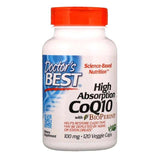

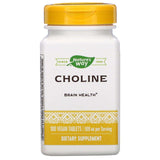



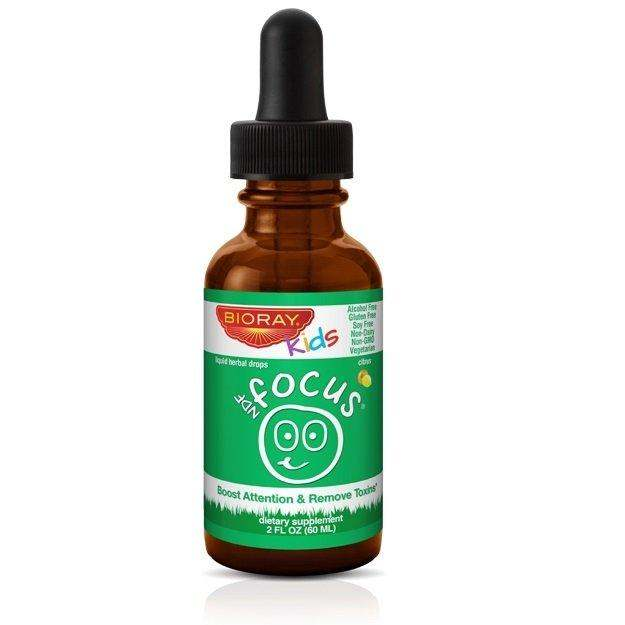
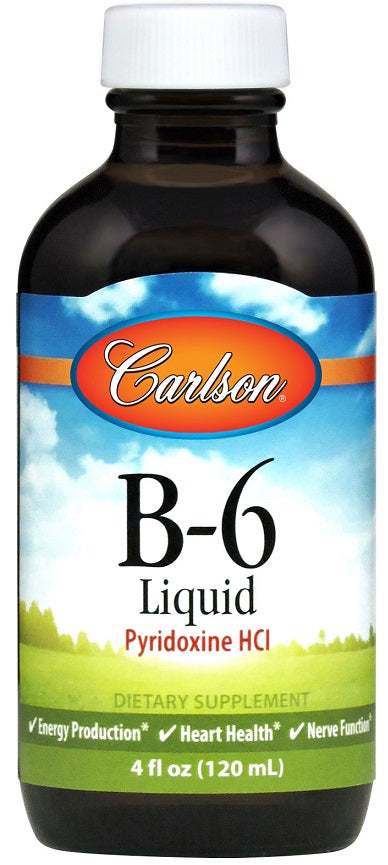
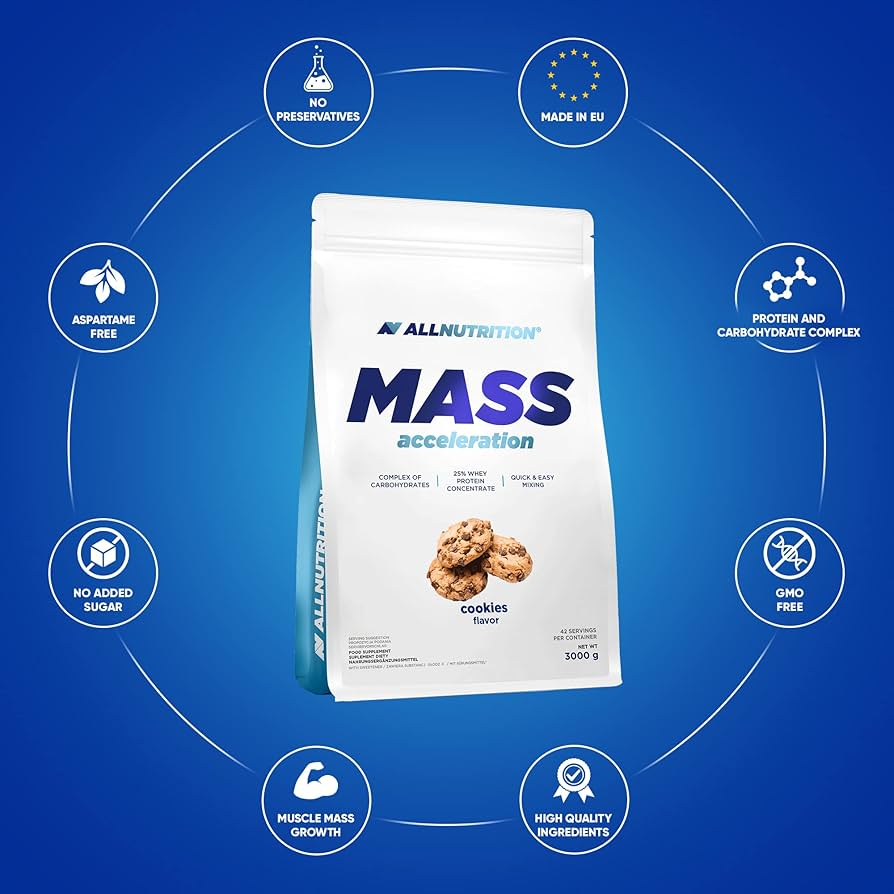


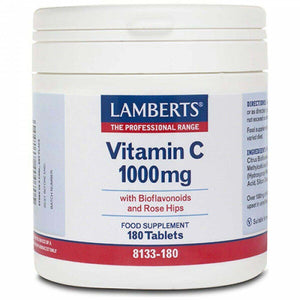





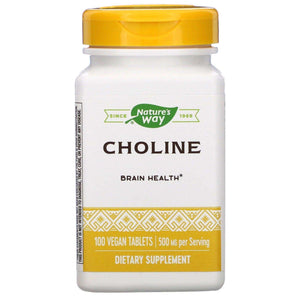










 Rated Excellent by 26,523+ Reviews
Rated Excellent by 26,523+ Reviews